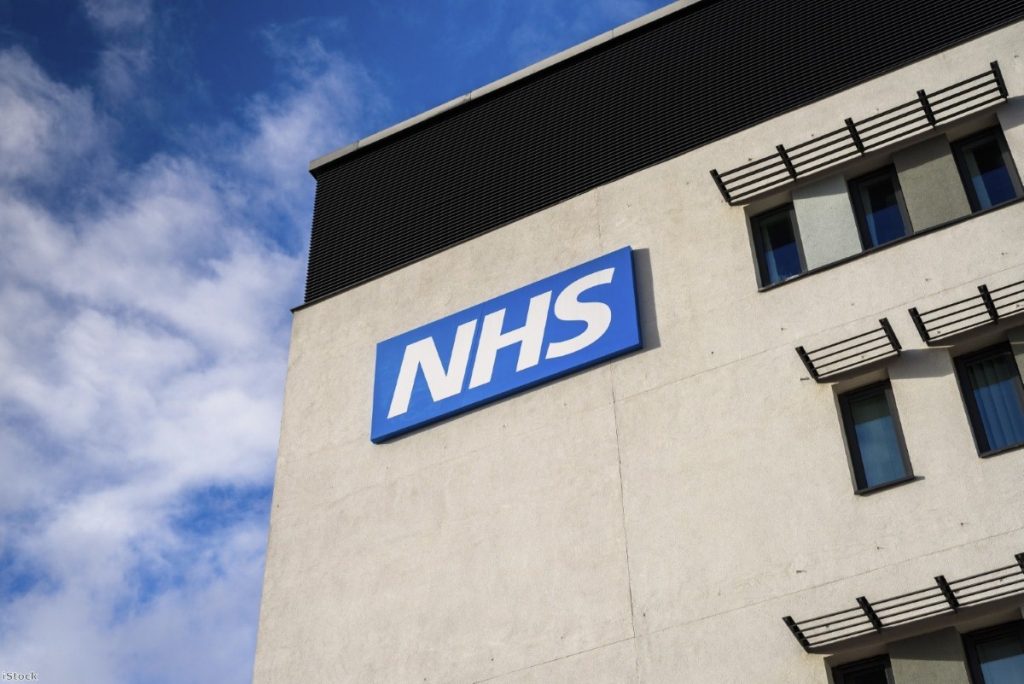By Dr Paul Williams
During a select committee hearing on Tuesday, I listened carefully as Marissa Begonia from the Voice of Domestic Workers described a harrowing story of how one of her members died after being too worried to seek medical help for a persistent cough. She was simply too frightened to visit a hospital or GP, for fear of her details being shared with the Home Office, and the consequences she could face as a result.
Her fears were well-founded. Thanks to a clause within the Health and Social Care Act (2012), confidential information provided to the NHS by patients is being used to help trace immigration offenders. A hastily-produced Memorandum of Understanding (MOU) between the Home Office and NHS Digital, introduced at the beginning of last year, provides a framework for something that is legal and has been 'happening for years', according to Department of Health and Social Care officials.
As a practising GP, my relationship with my patients – as is the case throughout the NHS – is built on a foundation of trust. The arrangement between NHS Digital and the Home Office completely undermines that trust, and contravenes GMC guidance on practitioner-patient relationships. It may be legal but I do not believe that it is proportionate.



Dr Paul Williams is a practicing GP
Last year more than 3,000 NHS patients had their data passed to the Home Office for immigration purposes, 195 requests resulted in the Home Office learning new information. The department was unable to state what actions they took, but it can only have aided them to possibly trace less than 200 people. While the Home Office may gain from such an agreement, the NHS certainly does not. As we heard at the committee, the suffering that would-be patients experience when they avoid NHS services that they can no longer trust is harming the NHS's ability to function. The integrity of the NHS is under threat.
Marissa's story is one of many that the health select committee heard that demonstrate the consequences of this ill-conceived arrangement. In her evidence. Dr Lucinda Hiam of Doctors of the World cited further stories of suffering, including a pregnant woman who waited until she was already in labour before seeking any medical assistance.
When people are too afraid access care, there is a risk to public health from untreated conditions like tuberculosis and from unvaccinated children. There will be an additional cost to the NHS when a small unmanaged infection becomes a pneumonia requiring hospitalisation, or poorly treated diabetes causes emergency complications.
The Department for Health and Social Care has requested the collection of 'robust statistic evidence' on the harm that this agreement causes, but given the damage that has been done already to the patient's trust in the NHS on data sharing, it is hardly likely to be successful in encouraging patients to share more.
This does not have to be the case.
I firmly believe that NHS Digital can and should change their decision to share information in this way. By doing so, it would restore the sanctity of doctor-patient confidentiality that enables the NHS to function, and enable all patients to get the help they need. We should not be forcing prospective patients to choose between basic health care and having their details handed over to immigration officials.
Dr Paul Williams is the Labour MP for Stockton South. He is also a GP.
The opinions in politics.co.uk's Comment and Analysis section are those of the author and are no reflection of the views of the website or its owners.









